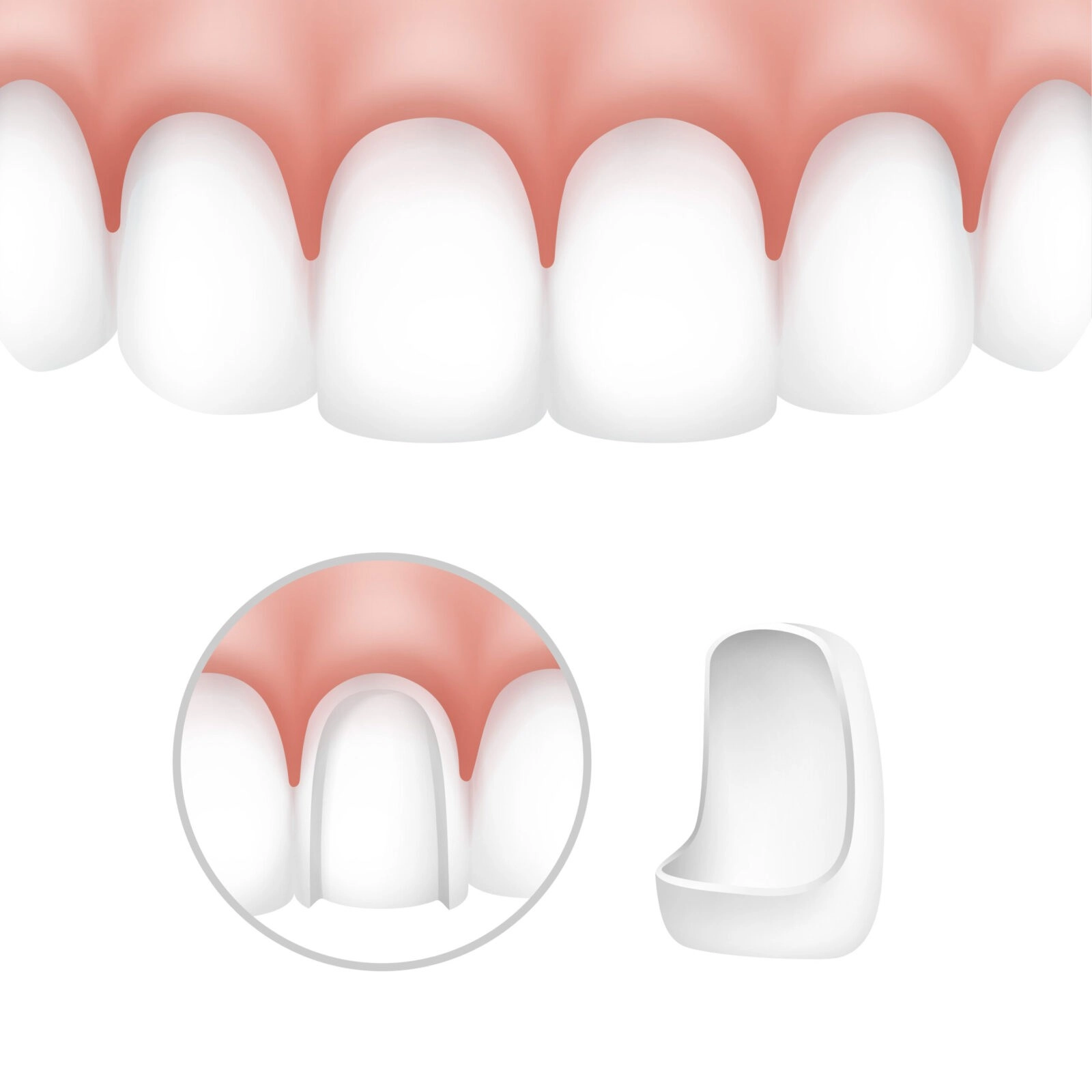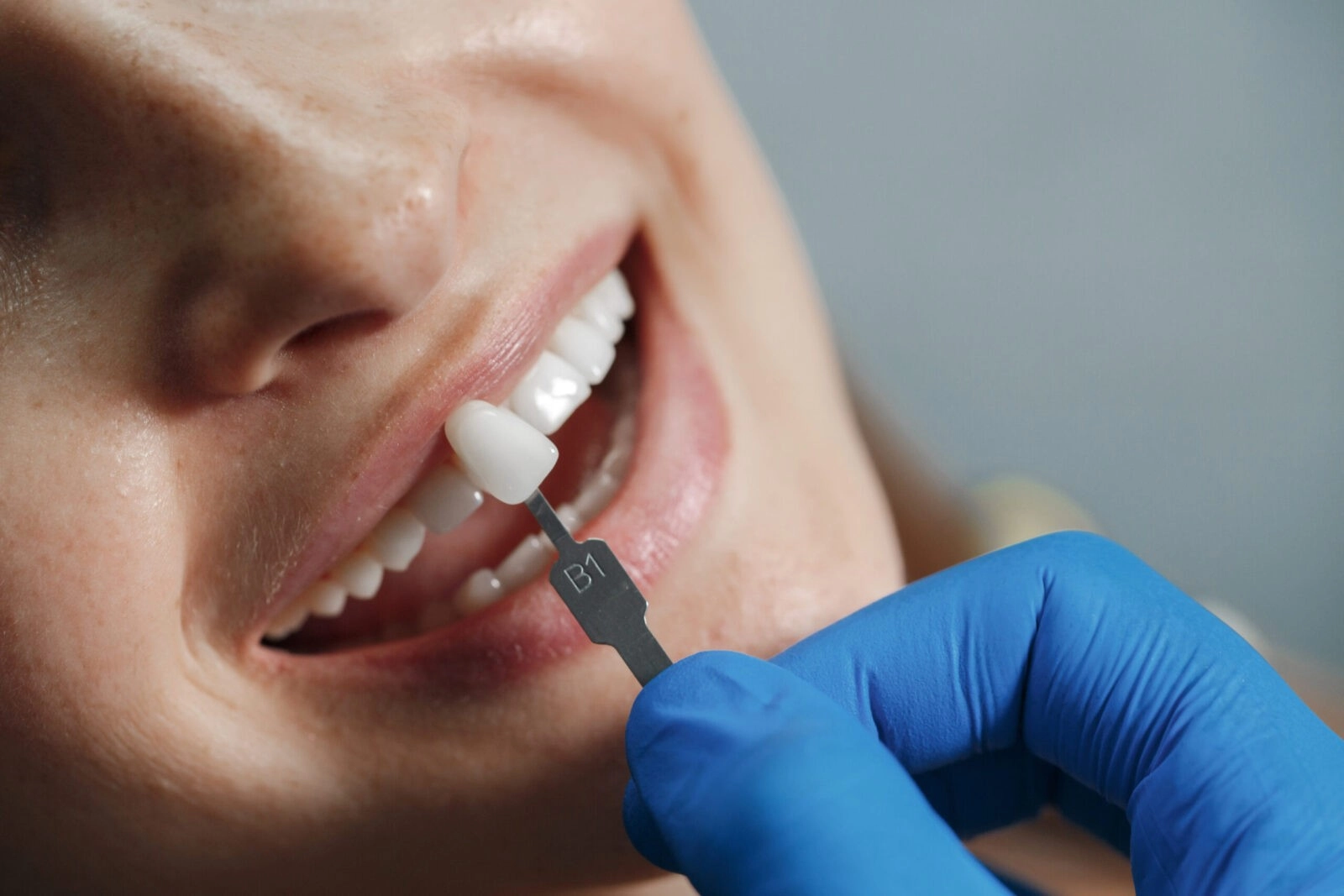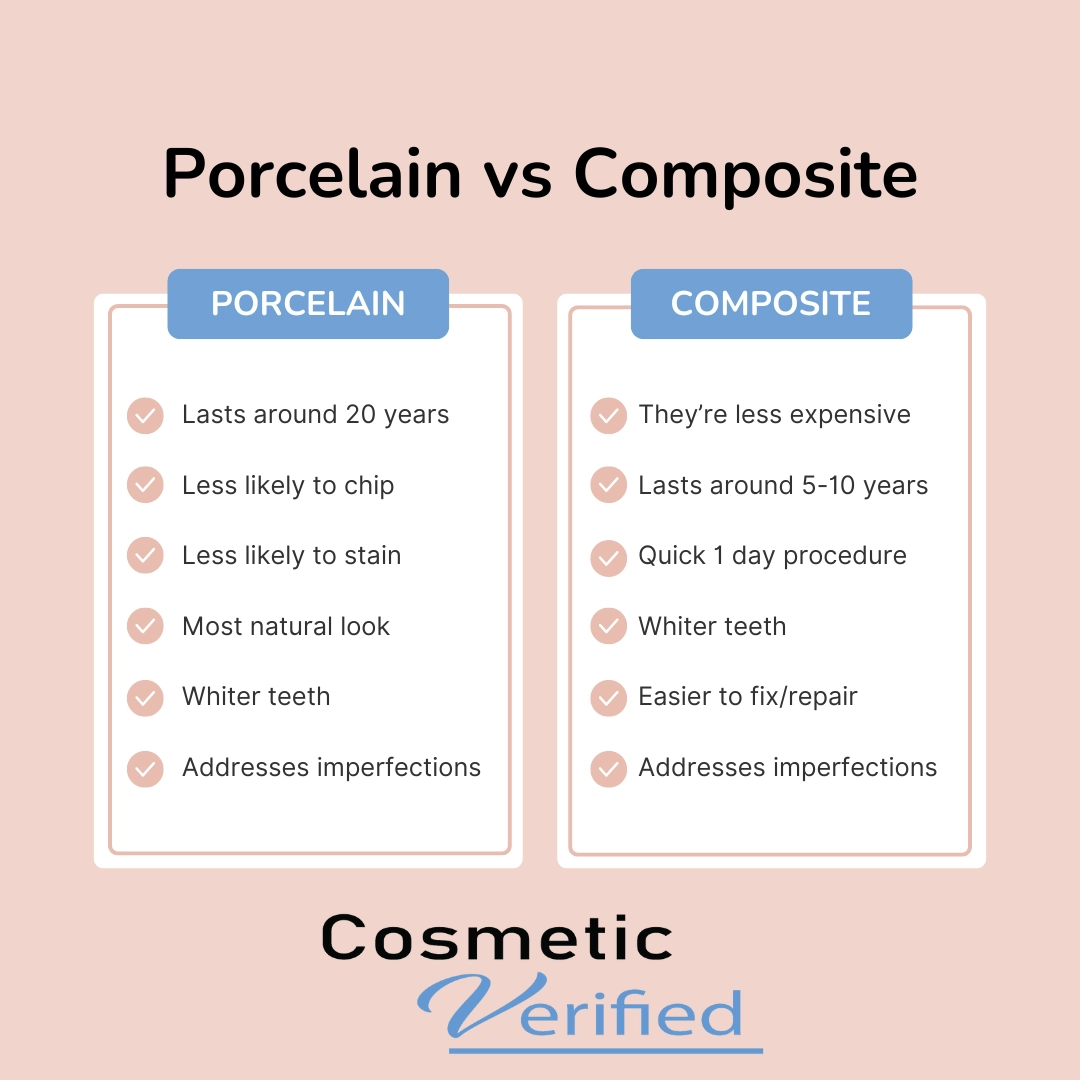Porcelain veneers reviewed
Are they worth it?
What Are They | How Do Veneers Work | Are They Right For Me | Porcelain veneers vs composite veneers | How much does it cost | Pros & Cons
Ever wondered how celebrities or people you personally know attain a perfect looking smile? Chances are, their cosmetic dentist have given them porcelain veneers to achieve this. But what are they, and why are they so widely touted as the gold standard (besides dental implants) by dentists in the cosmetic treatment space? In this post we’ll look into how they work, what they cost
and tell all about them and help you decide if they’re right for you.
What are Porcelain veneers?
Porcelain veneers are thin shells made out of porcelain (as the name goes) which are custom made to fit and adhere to the surface of a patients teeth. This cosmetic dental treatment covers only the front surface of each tooth and will mimic the size, shape and colour of the teeth. Thereby creating as much of a natural look as possible and enhancing a patient’s smile.


This cosmetic dental treatment can be a great alternative for people seeking a long-term solution to persistent cosmetic concerns — particularly if other dental treatments are not viable for them. Treatments such as teeth whitening, metal braces, or retainers.
How do they work?
There are five steps that go into describing how veneers work on a patients teeth. You should check to see if your provider follows a similar step by step approach before going for a dental veneer treatment.
Consultation and Planning
The process begins with a consultation with your dentist. During this visit, you’ll discuss your goals for your smile, and the dentist will assess your teeth (and oral health) to determine if veneers are the right solution. They might take X-rays or make impressions of your teeth to plan the treatment.
Preparation
To prepare your teeth for veneers, the dentist typically removes a small amount of enamel from the front and sides of the teeth. This makes room for the veneers and ensures they fit naturally in your mouth. The amount of enamel removed is usually very minimal, often less than a millimeter. After this, an impression of your teeth is taken, which is sent to a dental laboratory where the veneers are custom-made to fit your teeth precisely.
Temporary Veneers (Optional)
If necessary, temporary veneers may be placed on your teeth while you wait for the permanent ones to be fabricated. These temporary coverings protect your teeth and give you an idea of how the final veneers will look and feel.
Bonding
Once your porcelain veneers are ready, the dentist will place them on your teeth to check their fit and colour. After making any necessary adjustments, the teeth receiving the veneers will be cleaned, polished, and etched to ensure a strong bond. A special cement is applied to the veneer, which is then placed on your tooth. A curing light is used to harden the cement quickly, securing the veneer in place.
Final Adjustments and Follow-Up
Final Adjustments and Follow-Up
Are porcelain veneers right for me?
Porcelain veneers can be an excellent cosmetic dental solution, but unfortunately they aren’t for everyone. Oral health, severe teeth misalignment and price considerations are to name a few of the barriers. However, several other factors need to be considered and we’ve listed them below for you:

